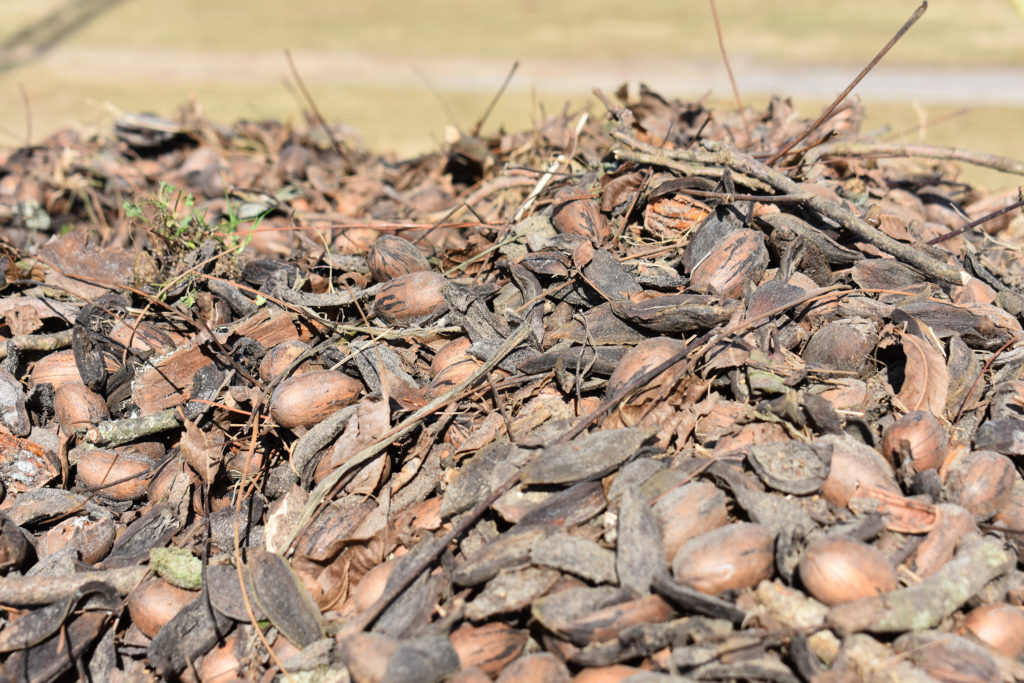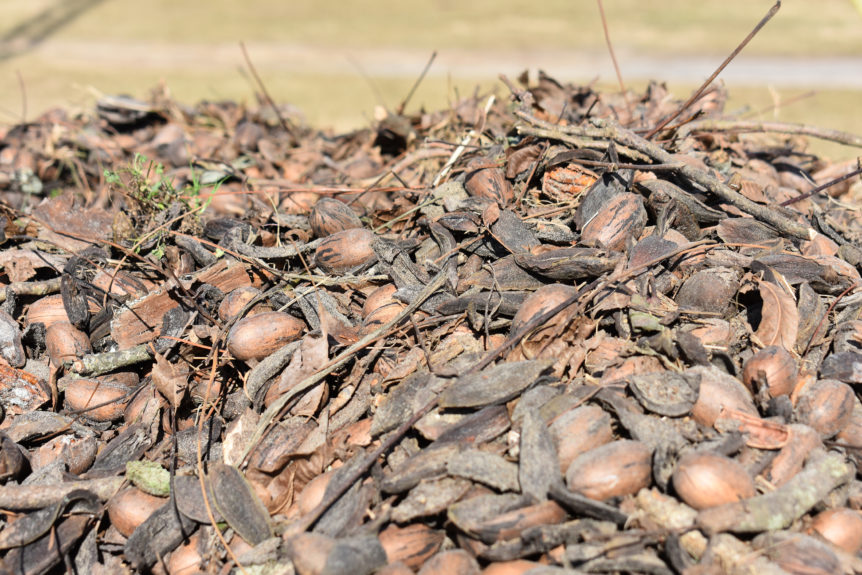
By Clint Thompson
The lack of younger pecan growers in Alabama concerns the president of the Alabama Pecan Growers Association (APGA).
Bran Futral, APGA president, discussed the current state of the industry with harvest season just a couple of months away.
“I think if there was a significant concern, and this worries me the most as I spend my time trying to encourage people to plant pecan trees and get into the business, but one of the things we haven’t seen is young farmers. That’s what’s scary is we just don’t see a lot of young farmers out there that want to get into pecans,” said Futral, who also added there are some well-established growers who are choosing to leave the business.
“A great example would be Ray Bertolla down in Mobile County. He’s a third-generation pecan farmer, and he’s selling his land. He’s done. It’s a culmination of low prices, the storms; with the real estate and the costs, he could easily sell all of that land, just live really nice and not have to put up with the headaches of pests, scab and all of the things that can crush you.”
Hurricane Sally’s Impact
It’s been a difficult few years for Alabama growers, especially those in Baldwin and Mobile counties that were hit hard by Hurricane Sally in 2020. Trees were knocked over, and leaves were stripped off of trees that did not tumble over. It created an alternate bearing cycle that was worse than normal.
Still, Alabama producers have persevered and remain a resilient group, says Futral. They have even expanded their farming operations to include other business options that have proven beneficial. Alabama just needs more of the younger generation to participate.
“I think the overall sentiment in Alabama is good. We just need to get more people involved and help them understand that there’s opportunities to grow this business,” he added. “We are seeing a bit of a trend too with a lot of medium-sized growers where they’re actually making investments into the cracking and shelling piece and moving at least part of their business to a retail opportunity. In-shell prices are pretty depressed, but if they can take at least a percentage of their crop and put it through their own cracking and shelling facility, you’re seeing a lot of opportunity there where people are selling at the retail level, opening up shops and stuff like that.”










